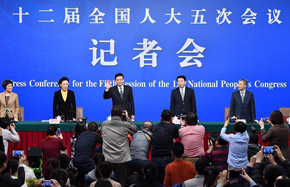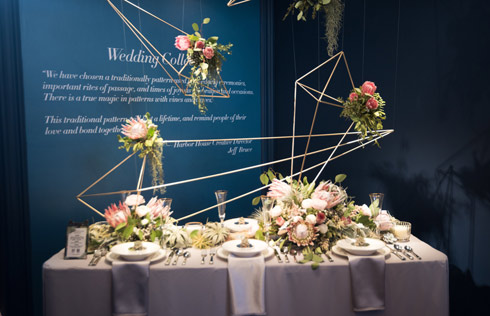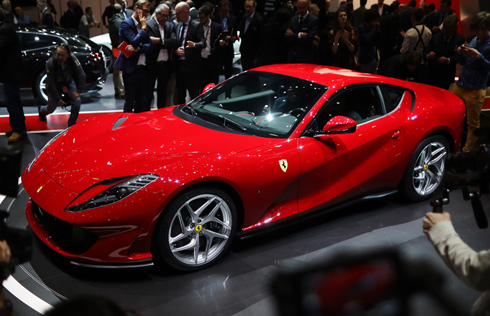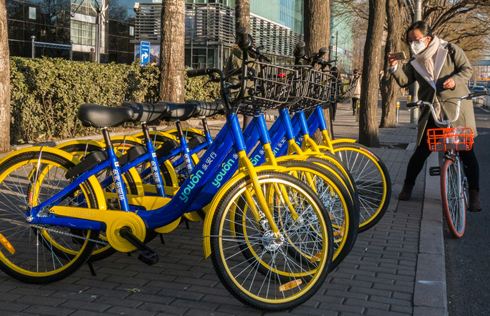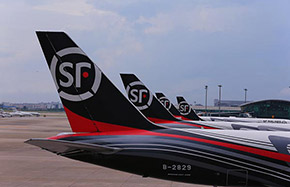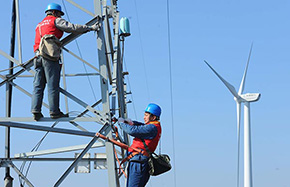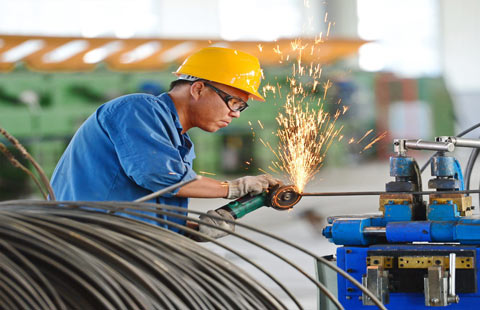BYD mulls 're-birth' plan
(Agencies) Updated: 2013-04-19 15:58Going Greener
The executives said BYD would likely in future only design 'green' electrified cars, phasing out selling gasoline cars over the next couple of years.
The migration of the product line-up will likely start late this year, they said, leaving BYD with a range of conventional gasoline-electric hybrid cars similar to Toyota's Prius - combining a turbo-charged gasoline engine with an electric motor propulsion system.
That technology could shave up to a fifth off fuel costs, though the cars could be priced 20,000 yuan ($3,200) above similar conventional gasoline-powered cars, the executives said. Some of the new hybrids and other models could hit U.S. showrooms by as early as 2016.
A smaller part of the new line-up will see pricier all-electric battery cars, as well as heavily electrified, so-called 'plug-in' electric hybrid cars. Both these green technologies are promoted by China's central government through generous purchase incentives as an industrial policy.
The main risk in promoting gasoline-electric hybrids is that the government currently does not recognize them as a 'new energy' car, so BYD hybrids would not benefit from the generous handouts that an electric battery car buyer would enjoy - such as a 60,000 yuan rebate on purchase.
Buyers of hybrids and other cars with small, fuel-efficient engines can currently get a subsidy of 3,000 yuan.
Beijing's 3-year program to promote new-energy cars with incentives ended last year. BYD and others hope the government will broaden the definition of new-energy cars to include gas-electric hybrids as and when the program is renewed.
Beaten up
The 're-birth' plan follows a series of setbacks at BYD, which has more than 150,000 employees.
BYD consistently over-promised and failed to deliver on many objectives it set itself. Its e6 all-electric battery car - an image builder as a green company - was intended for private use in China and the United States, but never quite caught on.
Now, the executives said BYD is pushing the e6 only as a taxi or rental car, and plans to launch two or three new all-electric battery cars in the coming years.
The company also stumbled in its gasoline car business, once a cash cow, as it sought to expand sales too fast without improving vehicle quality, and brought in too many inexperienced dealer operators to spur sales.
The executives said BYD's new direction would be more "measured".
One said BYD had been too concerned in the past with volume and growth, at the expense of quality. Now, the executive said BYD Chairman Wang Chuanfu spends more time guiding and pressing managers to improve, and invest in, quality.
- Qatar royals, HNA to boost stakes in Deutsche Bank
- CGGC plugs into project in Pakistan
- Tsinghua to develop chips with UK company
- HK to draw more mainland buyers
- New round of oil M&As on horizon
- Adidas boss plans fast-fashion business to catch up with rivals
- Get focus right to achieve a grand vision
- Shanghai FTZ to open financial sectors wider to foreign capital
